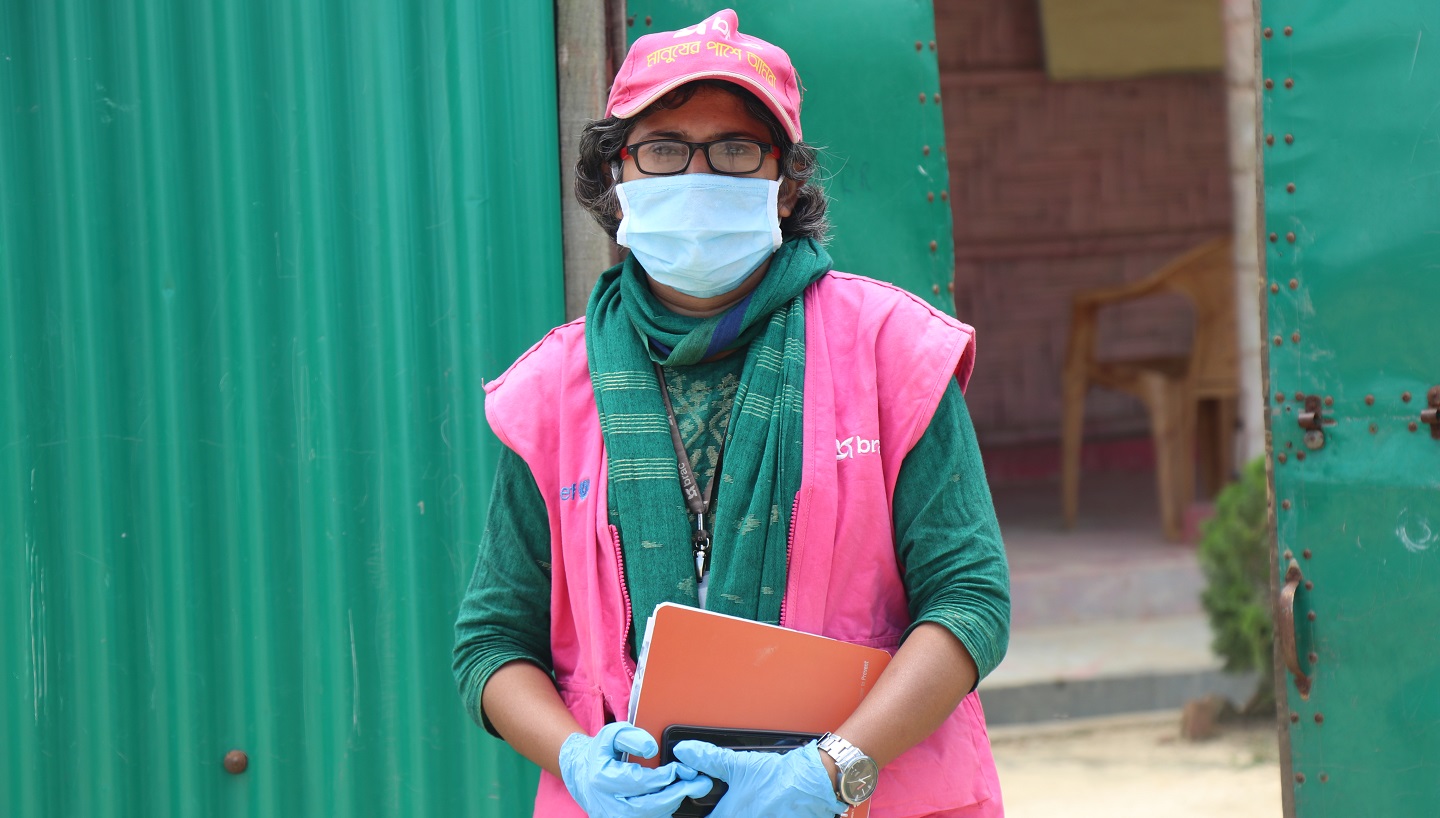Meet the all-female ‘disease detectives’ revitalizing their nation’s health
Around 50,000 women provide door-to-door ‘last mile’ services in Bangladesh’s rural areas and slums

By Peter Yeung
This article was originally published by The Telegraph. An excerpt has been reposted below.
At the time, Bangladeshi women were on average giving birth to seven children, one of the highest fertility rates in the world. Only 5 per cent had access to contraceptives as conventions in the deeply conservative society – including the seclusion of women in their homes by religious edict – prevented them from accessing basic health care.
Even women who could leave their home would struggle to find quality care: in 1970, Bangladesh had only about one doctor for every 10,000 people, half Indian’s rate.
Since then, Bangladesh’s efforts have expanded and adapted due to new research, changing domestic needs, and shifting global priorities. Beyond the initial focus on family planning, community health workers were deployed to address child health in the 1980s, maternal health in the 1990s, and universal health care in the 2010s.
Now the Shasthya Shebikas, who receive three weeks of training, go on house visits several hours a day, disseminating health, hygiene, nutrition, and family planning advice as well as taking demographic information and making referrals.
Working closely with them, the Shasthya Kormis, who must have at least 10 years of schooling and receive up to a month of training, provide full-time maternal health services, assist with deliveries and treat illnesses such as diarrhea and acute respiratory infections.
“The Shasthya Shebikas work as a surveillance system,” says Morseda Chowdhury, director of the Health Nutrition and Population Program at the nonprofit BRAC, which launched the Shasthya Shebikas scheme in 1990. “They live in these villages and they know everybody. If there are any problems, they’re quick to respond.”
Read the full article here.